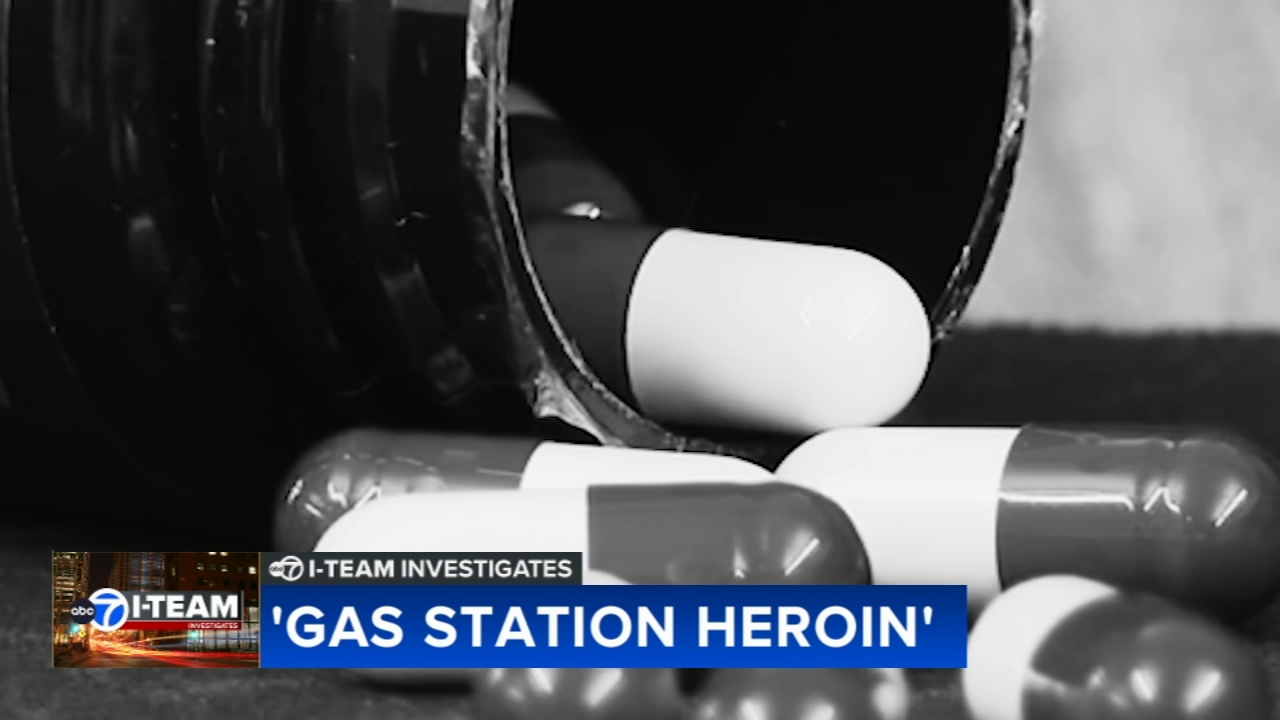Cook County property taxes increase by $534M despite some pandemic relief funding
Cook County treasurer pushes for government funding reforms as property taxes increase
COOK COUNTY, Ill. (WLS) -- Cook County businesses and residents may have sticker shock when their property tax bills arrive in the mail shortly. Some will see their taxes increase.
Cook County Treasurer Maria Pappas has been an outspoken critic of property taxes, calling for reforms to how local governments are funded.
RELATED: Mayor Lightfoot lays out 'recovery budget' forecast amid massive shortfall
Her latest report shows many businesses and some property owners in the south suburbs will shoulder a greater tax burden, despite efforts to provide relief during the pandemic.
Cook County needs $16.1 billion in property taxes to run the municipalities, which is a $534 million increase.
"If the government decides that they need more money to run the government, taxes for homes and commercial properties are going up. So what we're seeing is that the levy, is the amount of money that the government comes in and asks for every year, is up in commercial and the levy is up in residential, it went up everywhere," Cook County Treasurer Maria Pappas told the I-Team.
She explains how her data team broke down the numbers.
CLICK HERE: Tax Year 2020 - Property Tax Bill Analysis
Commercial and industrial businesses will pay the most, Pappas said.
"It appears that businesses are bearing more of the brunt because in Illinois, it is 25%, and 10%, (for residential) in terms of assessments. So businesses have always been taxed more," she explained.
Retail stores, hotels and restaurants received COVID-19 reductions from the Cook County Assessor's office, but many other businesses did not receive reductions. Homeowners got about a 10% COVID-19 tax break, but that doesn't mean all residents received lower bills.
RELATED: Cook County property tax bills may be delayed by inter-office controversy
In fact, Pappas' study found that residential communities in Chicago and the south suburbs could pay more because they may not have as many businesses to pick up the share of the increased tax burden.
"You're in Riverdale, or Harvey, for example, and a lot of the commercial property is now vacant. Lots of businesses have left. You're a homeowner, so you're left, picking up the taxes that commercial piece of property used to pay," Pappas said.
In Harvey, about 5,200 residential properties saw a decrease but about 2,800 saw an increase. In Riverdale, about 2,400 saw a decrease with 1,200 seeing an increase.
Pappas' data team also said the western suburbs could see higher bills.
RELATED: IL property taxes based on government debt make Chicago renters rethink buying a home
"Places like Berwyn, Cicero, saw substantial increases in the amount of taxes requested by the local officials there. And as a result, you're going to see a lot of very sizable increases in the amount that homeowners are being billed in those areas. In some cases, the median increased by more than $1,000, so it's fairly significant and there may be some sticker shock," said Director of Research Hal Dardick.
As for the businesses dealing with that tax hike, the County Assessor's office said many which did not get the COVID-19 reduction did well during the pandemic; adding that other large commercial properties may have been under-assessed under prior administrations.








